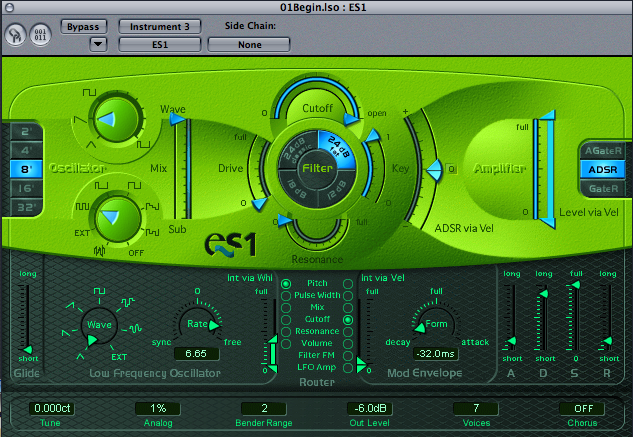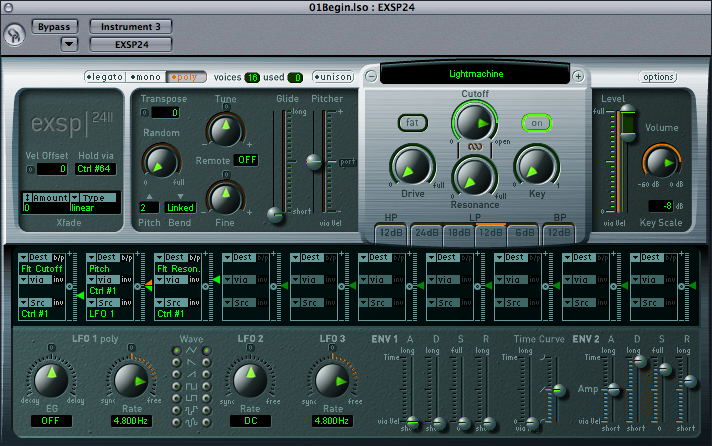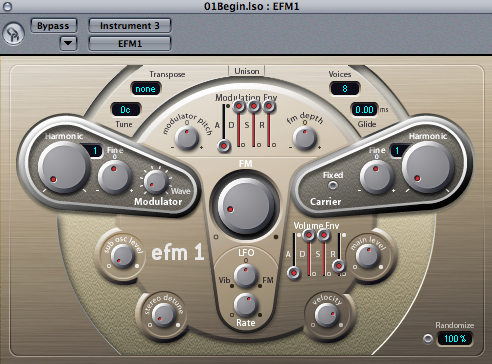Let’s see, I finished the additional material for the Big Ideas column, outlining exactly what GHP is like:
What is it we do here? In the past three weeks, I have seen classes in multicultural eschatology, cultural violence and Titus Andronicus, and “fuzzy billiard ball” math. I have heard concerts which included a full symphony orchestra, string quartets, 20th century songs using 14th century Dutch texts, and percussion kids banging out Rossini on tin cans.
I have watched seminars on Casablanca, “Life at Yale,” and how to waltz. I’ve seen theatre majors working on Anne Bogart’s Viewpoints and comedy improv. I’ve watched dance majors switch from ballet to hiphop in a heartbeat. I’ve listened to agscience majors describe how to palpate a cow and debate carbon neutrality as it affects agribusiness.
I’ve watched our students meet and bond and talk and laugh. I’ve watched them pack an auditorium to hear their new friends play chamber music. I’ve watched them crowd the circle between the dorms and dance their Saturday night away. I’ve watched them play soccer on the campus lawn, challenge each other at the math tournament, and perform “American Idol” in Latin. I’ve seen them as they slowly have become GHP.
I threw some ideas on paper for a third verse of “Love Song.” No real work on that, though. I still have to work on the melodic issues, plus come up with the bridge section of the song.
I got through another half of a lesson in Logic, learning to import audio files, MIDI tracks, etc. (Helpful hint: drag and drop.)
I found five more old MIDI exports of the Stars on Snow album material and imported two of them into Logic. I didn’t do anything with them other than to give them a quick listen to see if they were still worthy of my blockbuster new age album.
And then there is “Dance for Double Bass Duo.” I opened a Finale file yesterday and began playing with the idea of creating a piece for these unfortunate, lumbering instruments that won’t have the audience stifling giggles. The problem is multifold: the upper range is thin and powerless and hard to keep in tune; the lower range is impossibly low, more felt than heard, and melody is impossible. There’s a very narrow range in the middle where you can play a melody that is hearable and bearable. The strings are very thick, so they’re very sluggish, i.e., no quick runs and skipping about; because the strings are very long, getting from one note to the next (accurately) is a matter of a long reach, so again, no quick runs or skipping about. Double-stopping (playing two strings at once) is just about out.
As you can imagine, there is not a great amount of literature for these instruments to play solo, so what we’re usually subjected to is transcriptions of cello pieces or worse. This never works, taking a piece written for the most lyrical of instruments, the cello, and asking the poor behemoths to sing and dance to them.
So my intentions are noble, trying to write something that will accentuate the double bass’s strengths and avoid its weaknesses. The problem is that this is not at all easy to do.
However, today I gave up trying to actually write a piece and just started playing with melodic and rhythmic fragments, trying them out and hearing what the computer made of them. Fortunately, the GPO versions are very truthful, so I feel as if I’m getting a good idea of what works and what doesn’t. My intentions are to return to the piece tomorrow morning and really work on it, perhaps just forcing it out and surprising Stephen with it on Monday.



